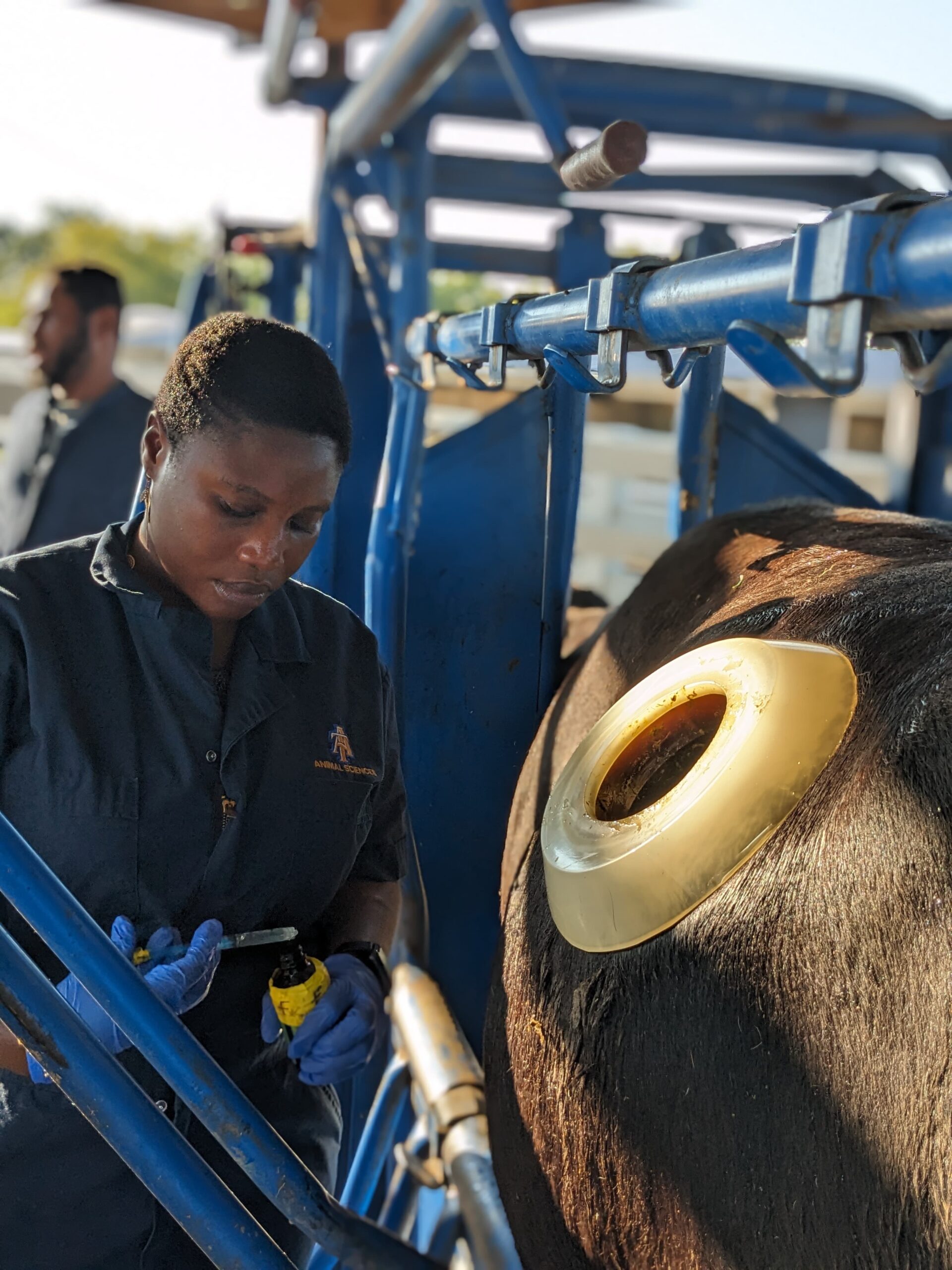As the global community grapples with the alarming rise of antibiotic resistance, the agricultural sector stands at a crucial crossroads. Antibiotic overuse in livestock has contributed not only to the decline of effective treatment options for bacterial infections in humans but also to significant concerns regarding animal health and food safety.
A promising solution lies in the incorporation of plant-based nutraceuticals into livestock diets, providing a natural and effective alternative to traditional antibiotics. Leveraging omics and bioinformatics can further enhance this approach by optimizing the selection and application of these natural compounds.

The Challenge of Antibiotic Resistance
Antibiotic resistance occurs when bacteria evolve and become resistant to medications designed to kill them. The World Health Organization (WHO) estimates that at least 700,000 deaths occur annually due to antibiotic-resistant infections, a figure projected to rise sharply in the coming decades. In the livestock industry, antibiotics are often used not just for treating infections but also for promoting growth and preventing disease in healthy animals. This practice contributes to the emergence of resistant bacterial strains that can be transmitted to humans through the food chain.
The Role of Plant-Based Nutraceuticals
Plant-based nutraceuticals encompass a wide range of bioactive compounds derived from plants, including flavonoids, phenolic acids, and essential oils. These compounds possess antimicrobial, anti-inflammatory, and immune-boosting properties, making them ideal candidates for enhancing livestock health. Research has shown that certain plant extracts can effectively reduce pathogen loads in animals, thereby lowering the need for antibiotics.
For example, oregano and thyme have demonstrated strong antibacterial properties, inhibiting the growth of common pathogens such as Salmonella and E. coli in livestock. Additionally, turmeric, with its active compound curcumin, has been shown to improve gut health and enhance the immune response, further reducing the likelihood of disease outbreaks.
Integrating Omics and Bioinformatics
The application of omics technologies—such as genomics, proteomics, and metabolomics—can provide deeper insights into how plant-based nutraceuticals affect livestock health at a molecular level. By analyzing the genomic responses of livestock to these nutraceuticals, researchers can identify specific genes that are upregulated in response to bioactive compounds, facilitating the development of targeted strategies to combat antibiotic resistance.
Bioinformatics tools can analyze complex data sets generated from omics studies, allowing for the identification of key pathways and molecular targets. This integration can lead to the optimization of nutraceutical formulations that are tailored to enhance livestock immunity and health, reducing reliance on antibiotics.
Ethnoveterinary Practices: A Complementary Approach
Ethnoveterinary practices, which incorporate traditional knowledge and local medicinal plants used by farmers and communities, can enhance the effectiveness of plant-based nutraceuticals. By documenting and validating these practices through scientific methods, we can bridge the gap between traditional wisdom and modern science.
For example, local herbs traditionally used in specific regions can be evaluated for their efficacy in preventing disease in livestock. Incorporating ethnoveterinary knowledge with modern omics approaches can lead to the discovery of new nutraceuticals and strengthen local agricultural systems.

A Sustainable Future
Transitioning to plant-based nutraceuticals in livestock farming aligns with broader sustainability goals. It promotes a holistic approach to animal husbandry, reducing the environmental impact of antibiotic use and enhancing the welfare of farm animals. Policymakers, farmers, and researchers must collaborate to further investigate and promote these natural alternatives, paving the way for a healthier and more sustainable agricultural system.
In conclusion, as the threat of antibiotic resistance looms large, embracing plant-based nutraceuticals, complemented by omics technologies and ethnoveterinary practices, is not just a smart choice; it’s a necessary step toward a sustainable future in livestock farming. By prioritizing natural health solutions, we can protect our animals, our food supply, and our health.








